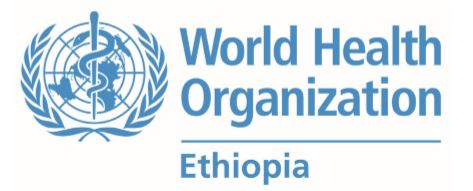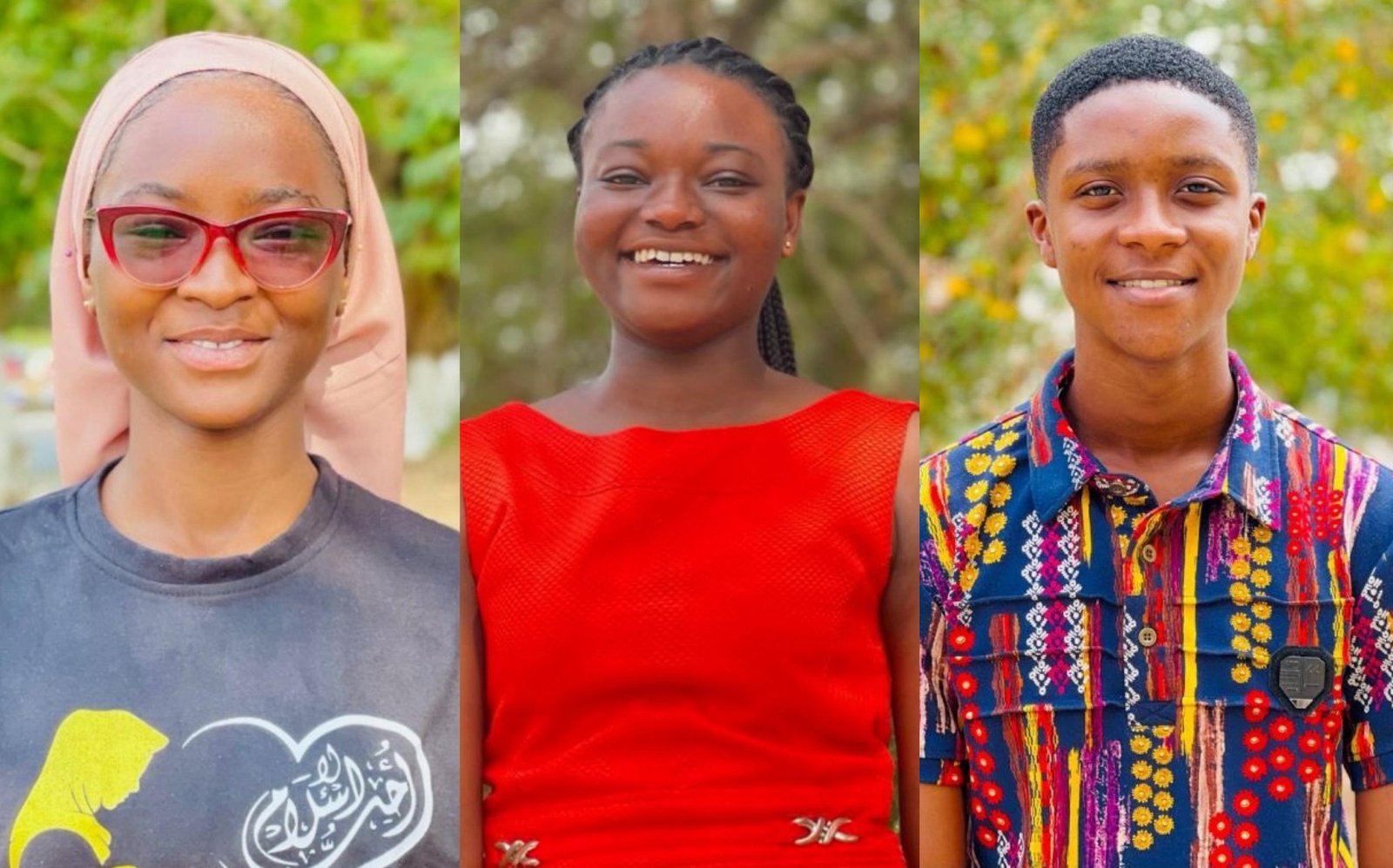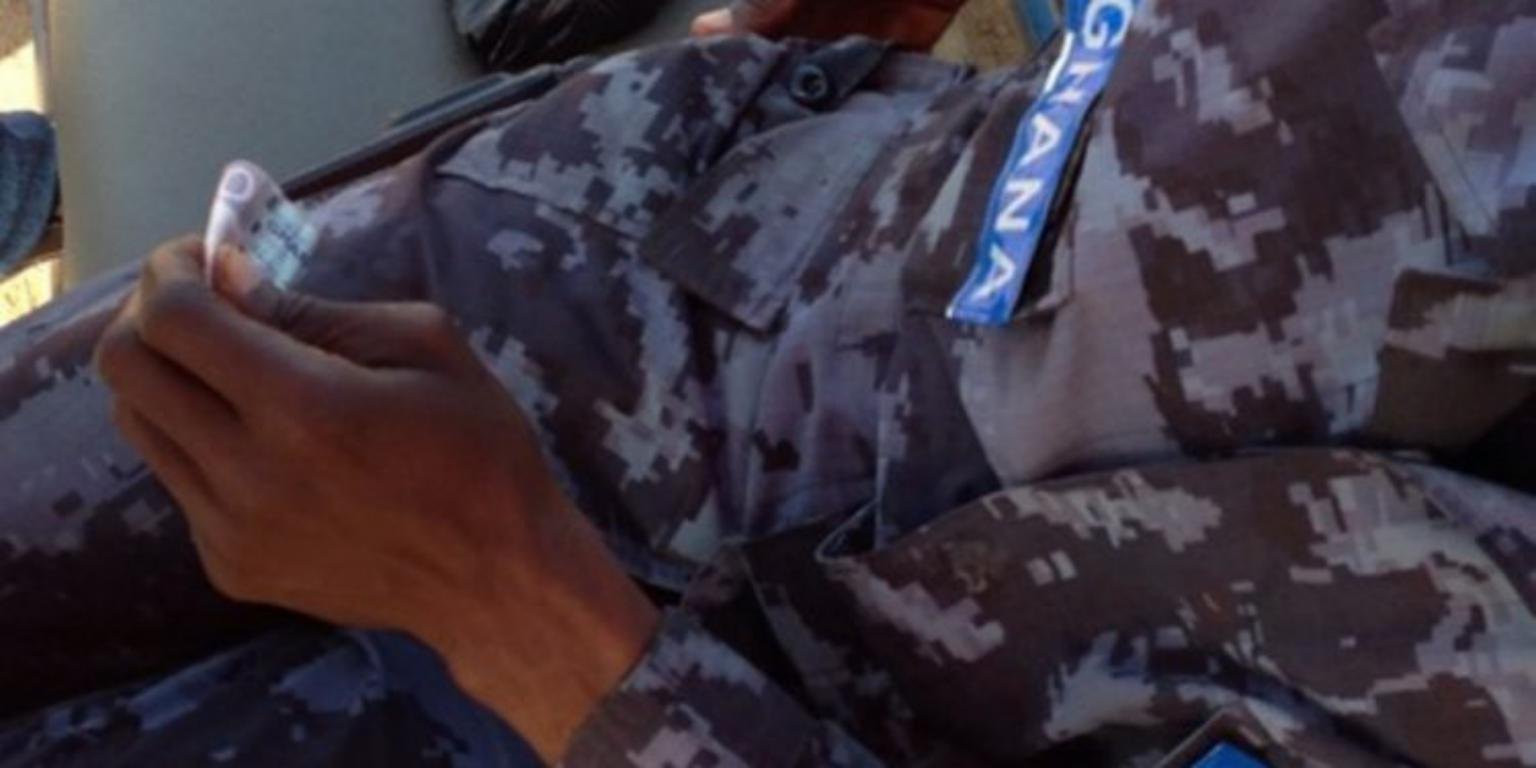
“I was seated beside my friend when an unexpected wave of unease and fatigue washed over me. Abruptly, a sudden onset of slightly whitish and watery diarrhea, coupled with relentless vomiting, compelled me to rush to my backyard several times an hour” Mohammed Hadji Ahmed, a 30-year-old resident of the Cholera outbreak-affected Melkaoligadi kebele in Gasera Woreda, Bale zone of Oromia regional state in Ethiopia recalls his harrowing experience.
His father, Hadji Ahmad, a 67-year-old traditional leader in the kebele, noticed his son’s distress and began fervently praying for a swift recovery. Locally referred to as “Xa’un,” this ailment is believed to cause diarrhea, vomiting, and bone-crushing, often proving fatal without divine intervention. Despite the prayers, Mohammed’s condition deteriorated, leaving him with “no hope of surviving” in the subsequent days.
Fortuitously, one of Mohammed’s neighbors, Mr. Umar Kasim, a kebele Community Health Volunteer, who had received extensive training from the Risk Communication and Community Engagement (RCCE) Team of the World Health Organization and its partners in Ethiopia, noticed the situation and intervened.
Despite facing strong opposition from Mohammed’s father, Umar, armed with his training, immediately persuaded the family to transport Mohammed to the Cholera Treatment Unit (CTU) that was recently established in their woreda, and administering sips of saltwater on the way.
The cholera epidemic officially declared on 3 September 2022, in Bale zone of Oromia region, including Melkaoligadi Kebele, prompted a swift intervention from WHO in collaboration with the Oromia Regional Health Bureau and partners like the Ethiopian Red Cross Society.
The response included quality-monitored skills training and technical support for frontline health workers and community health volunteers on integrated cholera outbreak response and other Public Health Emergencies (PHEs); provision of ample cholera treatment kits; house-to-house visits to ensure behavioral compliance with preventive measures as well as ensuring a continuous supply of resources to the outbreak-affected areas throughout the season.
Rumor tracking, debunking, and investigation; community-based surveillance; IPC/WaSH; case management; risk communication and community engagement; partners mapping and coordination, were successfully implemented at the grassroots level, according to Tiruwork Tafesse, WHO Ethiopia Hub Coordinator for the Oromia region.
At the treatment unit, medical teams provided Mohammed with care and treatment for six days, ultimately leading to his recovery from the brink of death. Regaining his strength, Mohammed observed that most patients at the center were kebele residents who shared the same drinking water source and engaged in similar social activities.
“As usual, the EPR team of the WHO regional hub for Oromia has solidified its reputation for pioneering cholera outbreak response assessments and interventions in the region, particularly in Bale zone,” stated Dr. Dabesa Gobena, Public Health Emergency Management Team Lead of the Oromia Regional Health Bureau. “WHO and its partners have achieved a remarkable milestone in controlling the outbreak through relentless leadership, coordination, generous funding, and need-based technical support, fostering practical community engagement interventions at all levels. These concerted efforts have brought about a dramatic shift in the course of the disease outbreak, averting the related death toll and other associated losses.”
Mohammed reflected on his experience, saying, “I did not even understand the cause of my illness until the community health volunteer explained it to me and my family. Without his visit, I might have been buried and forgotten. Now, I understand the importance of using water treatment chemicals, using my toilet appropriately, and regularly washing my hands with soap, as advised.”
WHO regional RCCE experts and EPR colleagues implemented successful interventions during the outbreak, including survivor orientation, community engagement, and behavioral risk assessments. Mapping partners, providing guidance, and integrating RCCE into health facilities and community events enhanced the outbreak response.
“Surviving the deadly disease was possible with the support of community health volunteers’ advice and the relentless treatment and care from health workers,” Mohammed emphasized. He pledged to advocate for cleanliness among his family and neighbors. Today, Mohammed has fully recovered, triumphing over the deadly disease, Cholera.
The WHO Oromia hub plans to scale up RCCE initiatives in collaboration with national teams, addressing technical challenges to sustain prevention and control strategies for cholera and other Public Health Emergencies.
Distributed by APO Group on behalf of World Health Organization (WHO) – Ethiopia.






